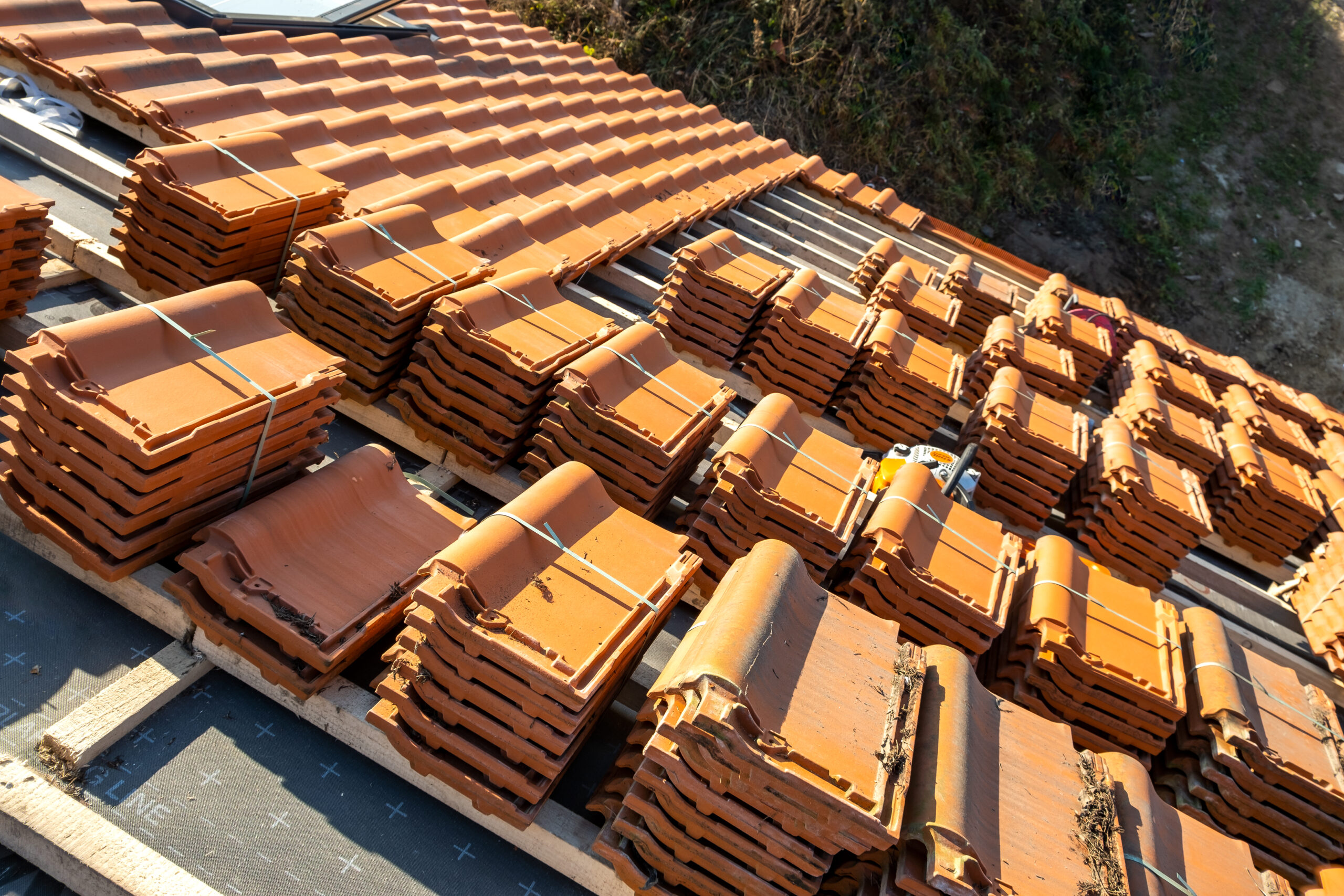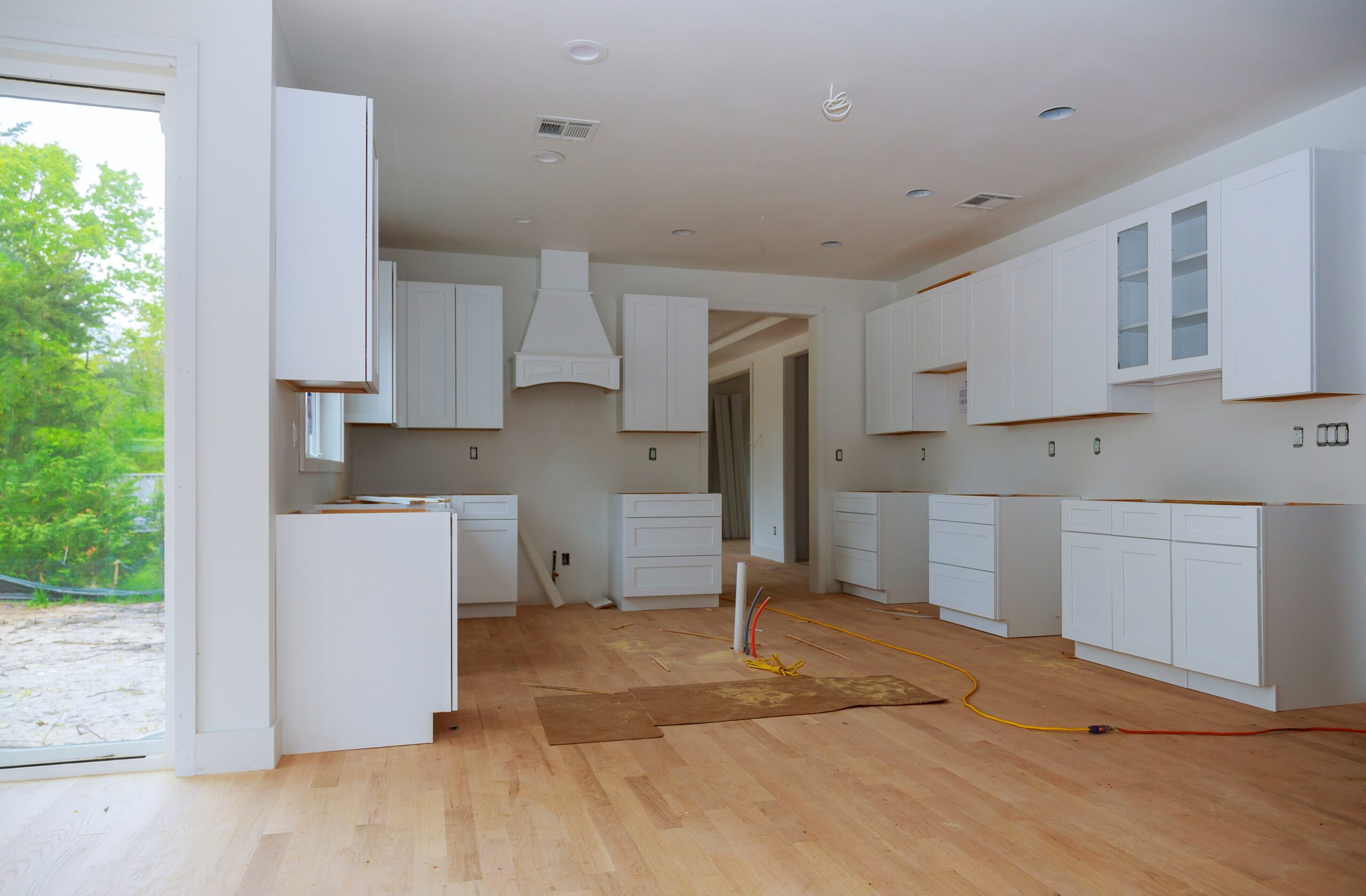There is no doubt that investing in a new roof is an important decision that every homeowner faces at some point. It can be overwhelming to determine the cost and choose the best materials and installation methods, but it is necessary to ensure the safety and comfort of your living space. To assist you in making an informed choice, this article aims to provide an overview of the factors that contribute to the cost of a new roof. Keep reading to learn the different aspects to consider when planning your roof replacement project.
Factors Affecting the Cost of a Roof Replacement

When determining the new roof cost Virginia, several factors must be considered. One of the primary factors is the size of your roof, as this will dictate the amount of materials needed and the labor required for installation. For example, a smaller roof will require less material and less time to install and will thus be less expensive than a larger roof. Another factor to consider is the materials you choose for your new roof. There are various materials available on the market, each with unique advantages, aesthetics, and costs.
Asphalt shingles are a popular choice because they are relatively affordable and easy to install. However, metal roofing and other alternative materials can offer a longer lifespan and better energy efficiency, albeit at a higher cost. The pitch, or slope, of your roof, can also impact the cost of the replacement. A steeply pitched roof may require more labor and materials, as it is more challenging to work on than a flat or low-sloped roof. If your home has intricate architectural features the installation process could be more complex and time-consuming, raising the cost of the project.
Regional Pricing Differences and the Importance of a Local Contractor
It’s worth noting that the cost of a roof replacement can vary depending on your location. For example, the new roof cost in Virginia might differ from prices in other parts of the country due to regional labor costs, availability of materials, and local building codes. To get the most accurate estimate for your project, it’s advisable to work with local contractors who are familiar with the specific requirements and conditions in your area.
Finding a local contractor comes with a variety of benefits, including a better understanding of the regional climate and which materials will perform best in those conditions. Local contractors are likely to be more familiar with the permitting process and local building codes, ensuring that your new roof is up to par with the latest regulations. Beyond that, working with a local contractor can lead to timely communication and faster project completion, providing you with a smooth experience.
Maintaining Your Roof to Maximize its Lifespan

While the cost of a new roof is a significant investment, proper maintenance can extend its life and ensure you get the most value from your purchase. Regular inspections can identify potential issues, such as damaged shingles, leaks, or other signs of wear and tear. Prompt repairs can prevent small problems from growing into larger issues, potentially saving you money and keeping your home in top shape.
Other preventive maintenance tasks include keeping your gutters clean, trimming tree branches that overhang your roof, and addressing any pest issues. Taking these steps can protect your home from water damage, debris buildup, and the need for premature replacement. It’s also critical to practice energy efficiency with your new roof, as a well-insulated and properly ventilated attic space can reduce your energy bills and extend the life of your roofing materials.
Understanding the True Value of a Roof Replacement

While a new roof can be a substantial investment, understanding its long-term value is crucial to making an informed decision. Apart from protecting your home and possessions from weather damage, a new roof can also increase your property’s value, making it an attractive selling point to potential buyers, particularly if you opt for an environmentally friendly roof. Moreover, a new high-quality roof can contribute to energy efficiency, reducing your energy bills and limiting the need for repairs.
As you can see, considering all the factors that contribute to the cost of a new roof, understanding regional pricing variations, properly maintaining the roof, and appreciating its true value, will help you make the best decision for your home and budget. With a solid investment in a new roof, your home will not only be well-protected but will also reap the rewards of improved energy efficiency and increased property value.



